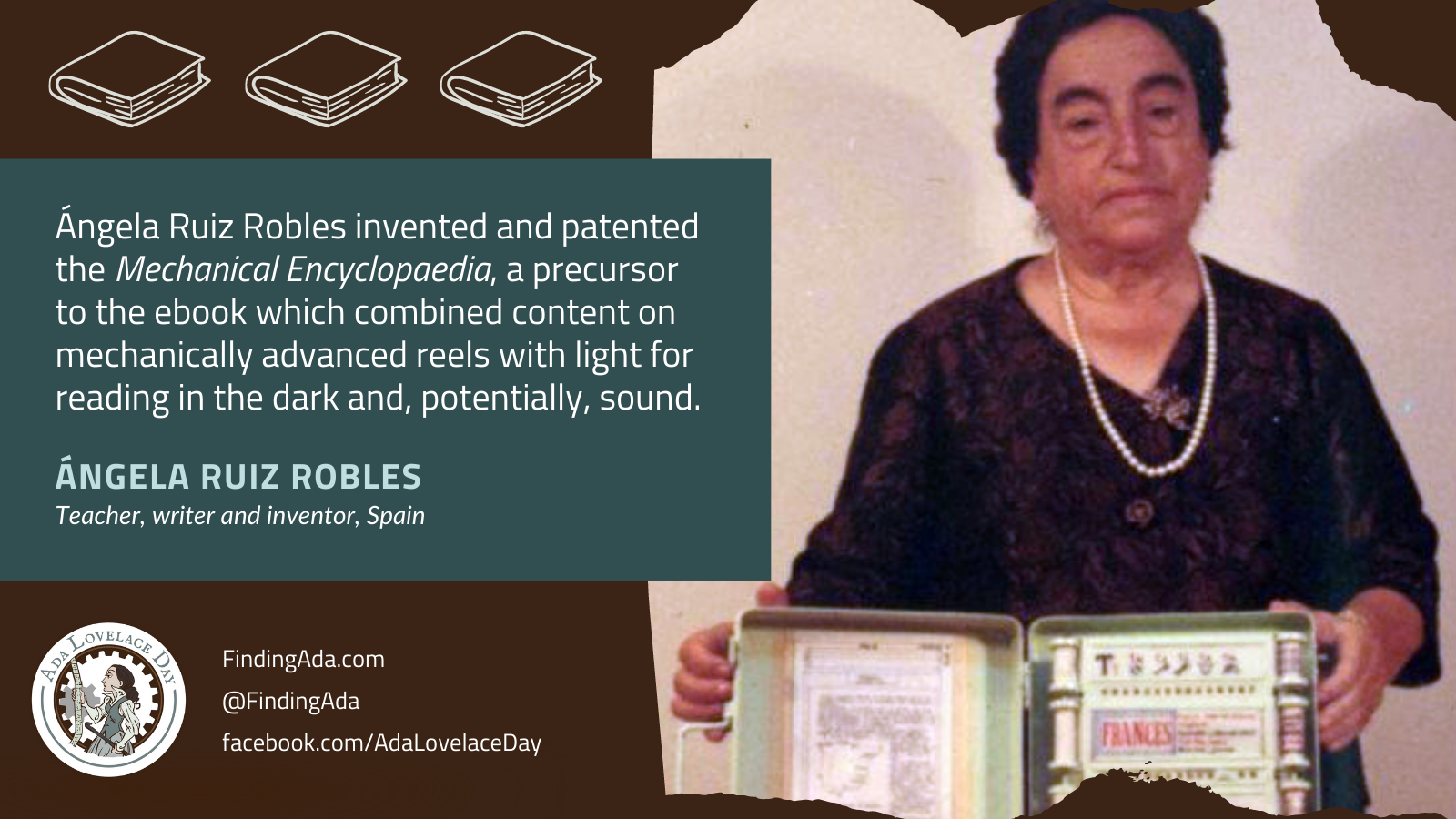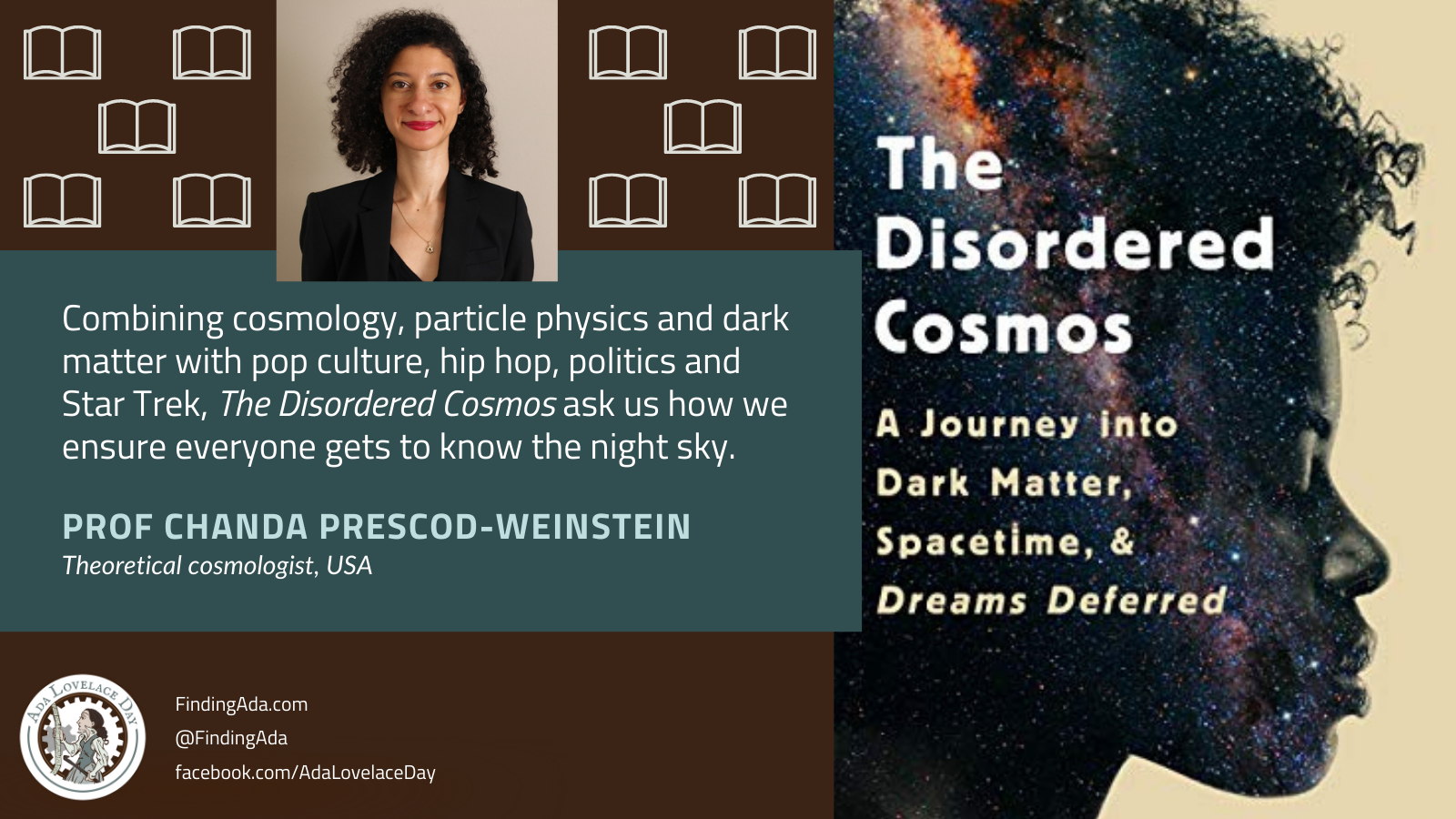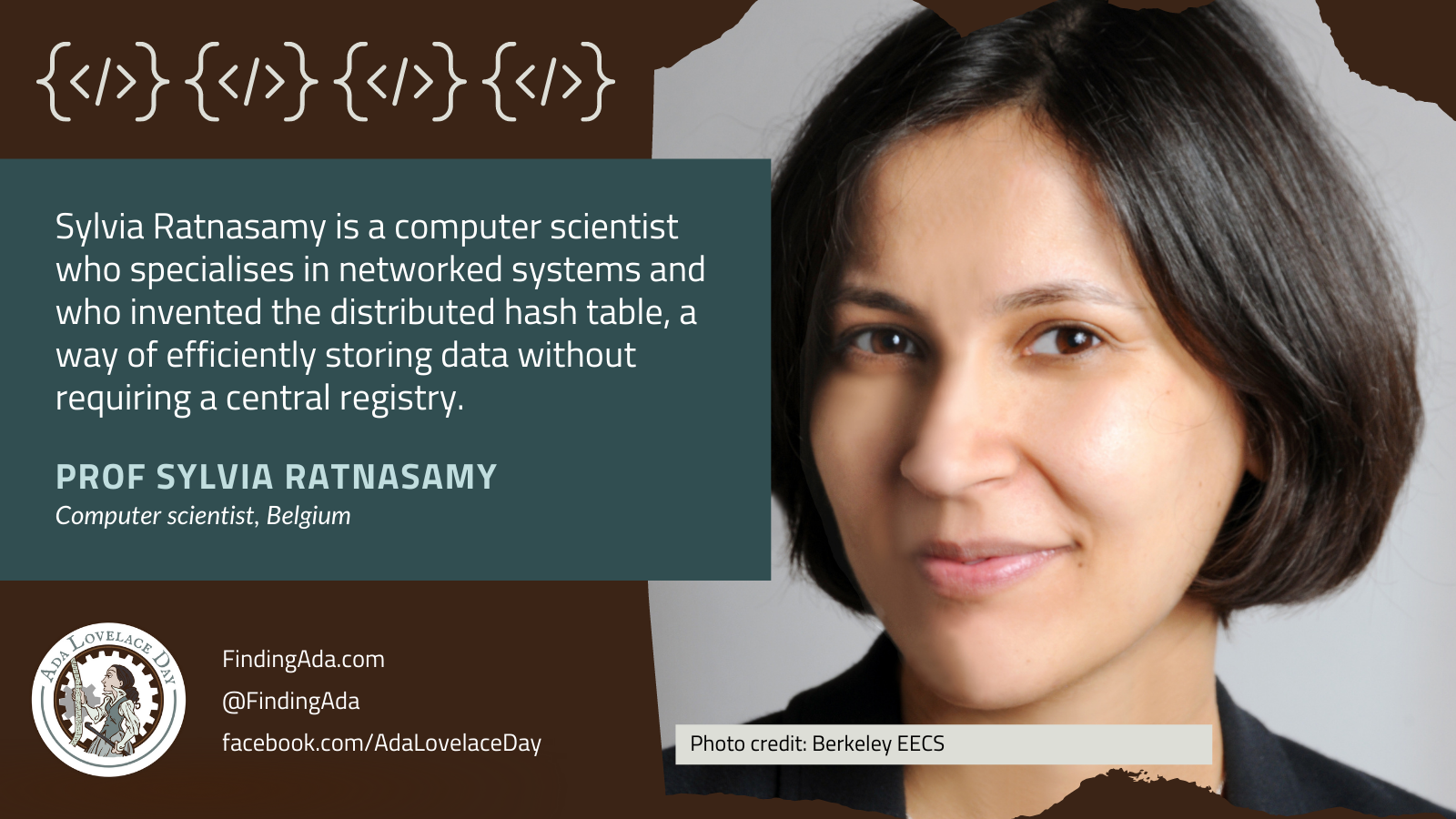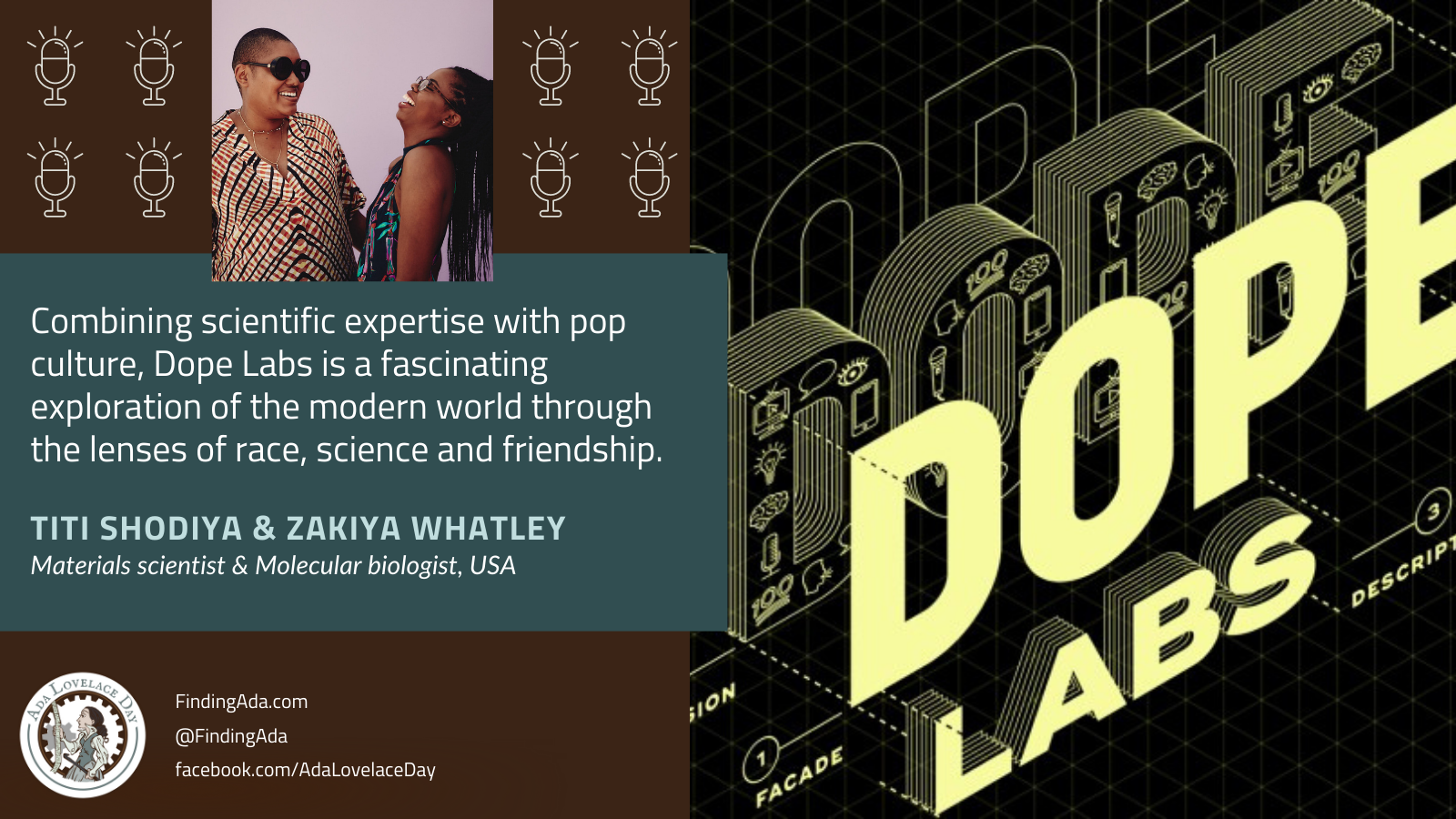
Ángela Ruiz Robles
Ángela Ruiz Robles invented and, in 1948, patented the la Enciclopedia Mecánica, or Mechanical Encyclopaedia, which is considered to be an early version of an ebook. She couldn’t build a prototype until 1962; it is now exhibited in the National Museum of Science and Technology in A Coruña, Spain.
The mechanical book displayed content on three scroll-like reels that could be wound forwards or backwards across a central ‘page’. The reels were interchangeable, so content was customisable. The book came with a built-in light to facilitate reading in the dark, and it also supported sounds. The size of an ordinary book, it was enclosed by two box-like covers.
Ruiz Robles developed the Mechanical Encyclopaedia for her students so that they would not have to carry heavy books around. She believed her device would make learning more attractive by allowing her to adapt the learning materials to the specific needs of the individual student. The content reels could be produced in any language, and about any subject at any level, and teachers could produce their own content for it.
Ultimately, despite several trips to Madrid to try to find backing, she was unable to fund production or find a production partner.
In 1947, she received the Cross of Alfonso X the Wise for her innovations in education and social work, and in 1952 she was awarded a Gold Medal at an exhibition for Spanish inventors.
Further reading
- Ángela Ruiz Robles, Wikipedia
- Angela Ruiz Robles – Complete Biography, History and Inventions, History Computer
- Ángela Ruiz Robles, a life worth three | Timeless Women 4, Fascinating Spain
- Is This 1949 Device the World’s First E-Reader?, Marc Lallanilla, Live Science, 30 January 2013
- Ángela Ruiz Robles’s 121st Birthday, Google Doodle, 28 March 2016
- Madrid names street after female inventor of mechanical ‘ebook’, Sam Jones, The Guardian, 25 February 2018
- Biography of Angela Ruiz, Spanish inventor, Salient Women, 1 June 2020


